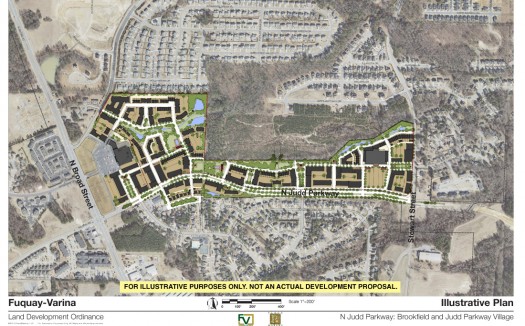Posts Tagged ‘Sprawl Repair’
The Next Frontier for Compact Walkability? It’s gotta be the burbs
This weekend in Miami, the Congress for the New Urbanism is staging one of the periodic Councils it uses to focus perspectives and best practices on topics of growing concern to CNU members and fellow travelers. This one is all about building “a Better Burb.” The idea, says CNU CEO Lynn Richards, is “to leverage…
Read MoreSuburban Retrofits: A deep dive
A couple weeks ago, Ellen Dunham-Jones produced a Placemaking@Work webinar that she described as a deep dive into the suburban retrofit case studies, with an hour-long lecture in preparation for the 23rd Congress for the New Urbanism in Dallas, April 29 through May 2. This session is free until the beginning of the CNU here,…
Read MoreWhat This Innocuous Piece of Plastic Says About Our Suburban Future
Okay. So here we are, out west, working on a county-level comprehensive plan. It’s a big county, which means that each day we meet in the lobby of our centrally-located hotel, then journey caravan-style out to one of the various communities we’re serving over the course of a week. Until we get where we’re going,…
Read MoreMonkey See, Monkey Don’t: Economic Development as a Whole New Animal
In the economic development world, we’re always trying to grow our economic base. And by that we mean goods and services that we export, not just what we use in our local markets. That might include university services, tourism, and any products that we pack and ship, or regional retail that we steal from our…
Read More

